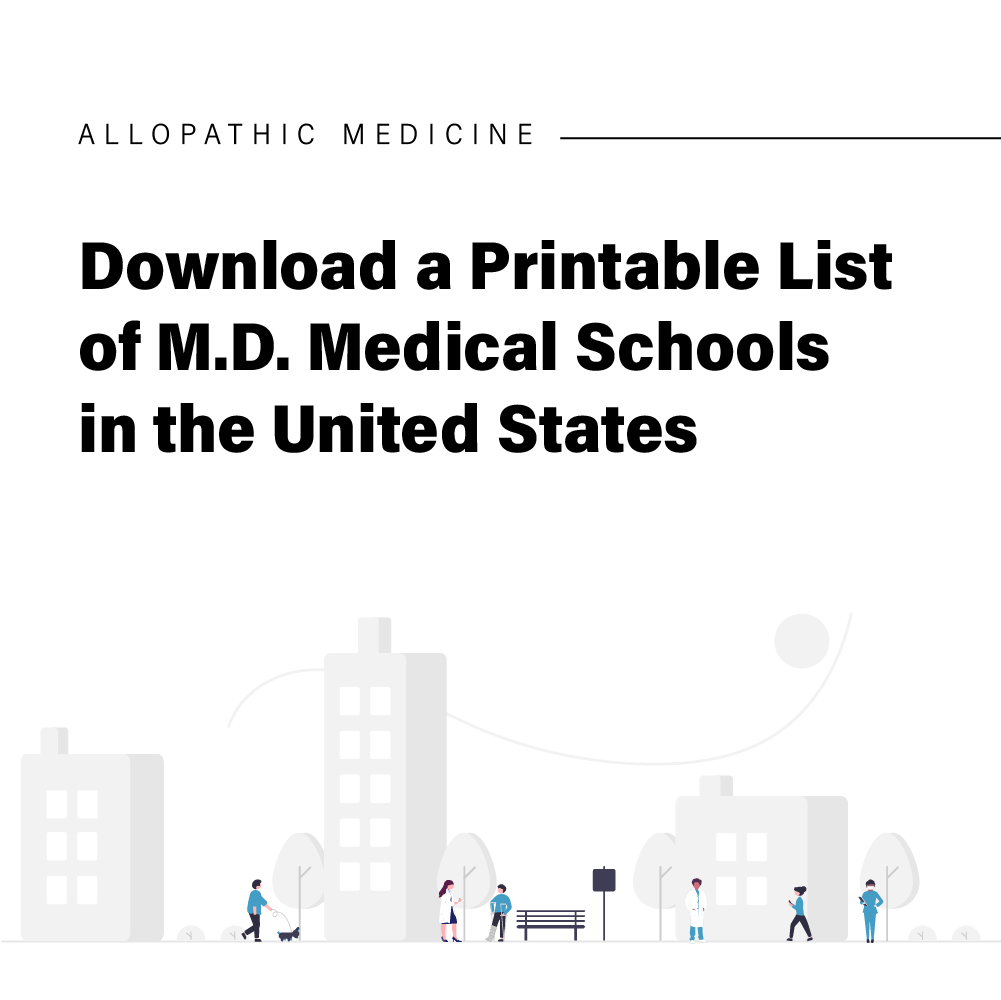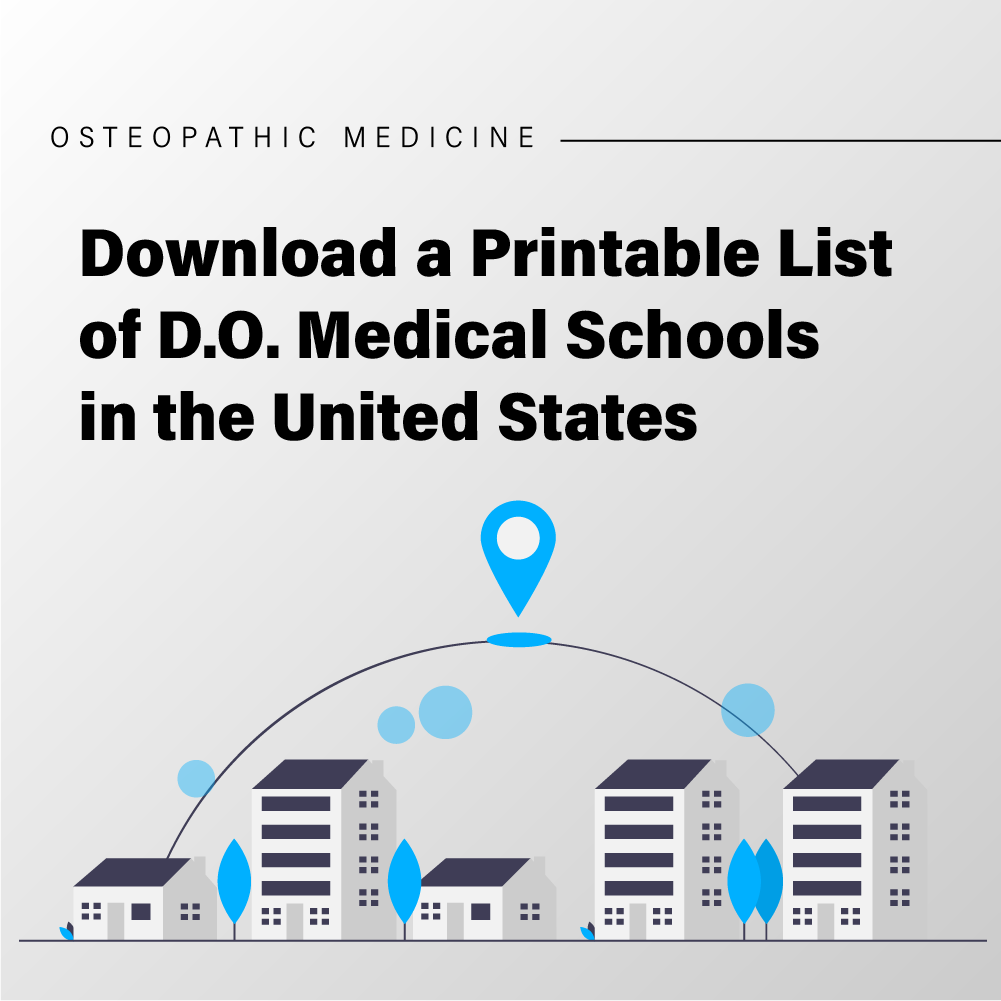Exam season is coming up. Consequently, you have to dedicate the next few days to studying. The only problem is you’d rather do anything but study. Maybe the class you are studying for is not particularly interesting. Maybe you rather be socializing with friends or exploring your city. Or maybe you just want to watch Netflix all day. How do overcome your interests in other activities and motivate yourself to stay in and study all day?
In this article, we put together 7 strategies to help you to stay in and study when you have zero motivation.
1) Don’t get ready.
If you typically style your hair, let it go natural on study days. If you like to do your makeup, this is the day to skip it. Also, put on your comfiest pair of PJs.
The goal in this strategy is to dress in such a way that you wouldn’t want your high school crush seeing you. If you know you’re not looking your best, you won’t want to go out and socialize. Dress with the intention to not impress. This will (hopefully) motivated you to stay indoors.
2) Create a todo study list for the day.
In the mist of our messy and chaotic lives, todo lists can help us find clarity in what’s important. Essentially, a todo list is a time-honor system that structures the order of our tasks. Todo lists are powerful because they prove we can achieve our day, week, or month. But what is the psychology of the todo list have to do with our success?
According to a study performed by Psychology Today, creating todo lists habitually is correlated with less procrastination and more conscientiousness. Further, the study found the more organized, structured and detailed the todo list is, the less procrastination the subject will experience.
3) Time box your todo list.
In order for your todo list to be successfully achieved, you must allot a conscious amount of time to each task. Without setting time limits, you could accidentally spend all day on the same task.
Time boxing allows you to leverage the power of todo lists for effective studying. You can implement the time box technique by writing down what topics need to be studied and for how long they need to be studied. For instance, if you were provided a syllabus or study guide for your exam, assign an allotted amount of time to study each topic on the list. Adjust the time accordingly for the topics you know well and don’t know well. For example, if you are studying for a chemistry course and you have “nomenclature” down but you’re not confident on “redox reactions”, schedule 15 minutes to review nomenclature and 1 hour to review redox reactions.
Timebox studying allows you to ensure you will cover every topic, without getting bogged down on any specific subject.
4) Order takeout.
We all have a different opinion about cooking. Some of us find it relaxing while others feel it is a chore. Despite our different attitudes towards cooking, it has one commonality: it takes time and effort.
Decreasing time and decision-making effort we spend on other activities will increase our time and cognitive resources for studying. Splurge on a to-go order from your favorite restaurant and hit the books!
5) For snacks, go light on carbs and heavy on fruits and vegetables.
We all know food is important for our survival. However, food has a far more significant effect on how we work than we ever imagined. The scientific community has seen hundreds of studies come to the same conclusion – diet choices play a critical role in treating and preventing depression. The overwhelming evidence from these studies inspired researchers across the world to come together and develop an Antidepressant Food Score (AFS). This metric profiles food groups based on their ability to treat and prevent depression. According to the study, vegetables and fruits scored high on the AFS scale with a score of 48% and 20%, respectively. On the other hand, grains scored a lagging 5%.
You might be wondering, what does depression have to do with studying? According to research, depression negatively influences academic performance. Therefore, in order to take care of your studies, take care of yourself first.
6) Plan learning time and recall time for effective studying.
None of us want to sit at our desks all day. But who says we have to sit to study? Plan times to stand up and stretch. Incorporate this standing and stretching time into your study regimen by doing learning recall exercises. For example, take a walk around the library and ask yourself to regurgitate everything you learned in the last hour. This technique promotes long-term memory.
7) Assign cell phone time limits.
Mobile phones were designed to make our lives easier. However, in reality, they have had unforeseen negative consequences. Even though smart phones can serve as tools to find answers quickly, studies have shown that higher cell phone use is correlated with lower academic performance. Aside from the academic effects, another study concluded that high cell phone usage is associated with sleep deprivation and symptoms of depression for both men and women.
In order to prevent your phone from causing negative effects on your academics, sleep, and mood, assign limits on how much screen time you will allow yourself per day.
Resources
- Impact of Smartphone Addiction on Business Students’ Academic Performance: A Case Study (2017)
- Smartphone Use and Academic Performance: Correlation or Casual Relationship? (2018)
- Smartphone Addiction among University Students and Its Relationship with Academic Performance (2018)
- Students’ Cell Phone Addiction and Their Opinions (2014)
- The Relationship Between Cell Phone Use and Academic Performance in a Sample of U.S. College Students (2015)
- The relationship between smartphone use and academic performance: a case of students in a Malaysian tertiary institution (2017)
- The Media and Technology Usage and Attitudes Scale: An empirical investigation (2013)
- Mobile phone use and stress, sleep disturbances, and symptoms of depression among young adults – a prospective cohort study (2011)
- Internet addiction based on personality characteristics of high school students in Kerman, Iran (2011)
- Antidepressant foods: An evidence-based nutrient profiling system for depression (2018)
Further reading
Premed 4 Year Plan – How to Make Your Timeline
Useful Learning Websites for Premeds
Classes to Take Before the MCAT



